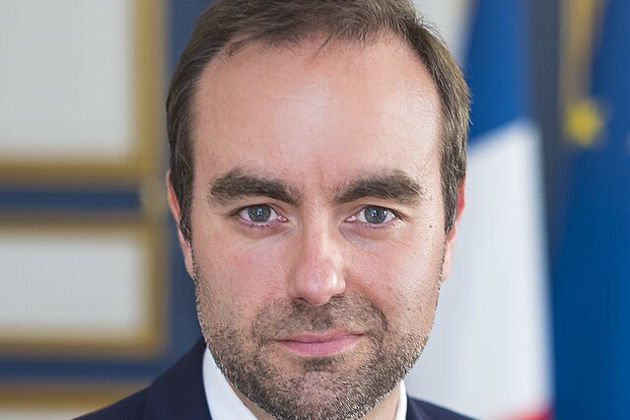Move FM Global News

France faces turmoil as Lecornu takes over as prime minister
Sep 12, 2025PARIS, France: French President Emmanuel Macron has appointed Sébastien Lecornu, a close political ally and former defense minister, as France’s new prime minister, choosing loyalty and continuity over a broader political reset.
The decision, announced early this week, surprised many analysts who had speculated that Macron might attempt to court the left after the collapse of his previous government.
At 39, Lecornu becomes Macron’s fifth prime minister in less than two years, underlining the instability gripping French politics.
A one-time protégé of conservative leader Nicolas Sarkozy, Lecornu broke ranks with the right in 2017 to back Macron’s first presidential campaign. Since then, he has become one of the president’s most trusted lieutenants, managing sensitive portfolios and serving as campaign manager for Macron’s successful 2022 re-election bid.
His promotion comes after parliament overwhelmingly voted down former Prime Minister François Bayrou, who had pushed for sweeping spending cuts to rein in France’s soaring public debt. Bayrou’s fall reflected a legislature deeply divided among three hostile blocs — Macron’s centrist minority, the left-wing coalition led by France Unbowed, and the surging far-right National Rally (RN).
By naming Lecornu, Macron signaled his determination to defend his pro-business reform agenda, which includes tax cuts for corporations and the wealthy, alongside a contested rise in the retirement age.
Yet in a rare gesture of outreach, the Élysée Palace said Macron instructed Lecornu to open talks with all parliamentary groups before forming a cabinet. The new prime minister echoed that message, pledging on social media to build “a government with a clear direction: the defense of independence, service to the French people, and stability of institutions.”
The appointment immediately drew fire from the left. France Unbowed ridiculed Macron’s choice and vowed to submit a no-confidence motion, while calling on supporters to join “Block Everything” protests planned nationwide this week.
Although such a motion is unlikely to succeed, the government’s survival could depend on cooperation from the RN, which helped topple Bayrou and his predecessor, Michel Barnier. RN president Jordan Bardella said his party would judge Lecornu “on his actions,” making clear that concessions on immigration, public spending, and taxation would determine whether far-right lawmakers lend their support.
Lecornu’s first and most pressing challenge will be negotiating the 2026 budget. France’s deficit is running at nearly twice the EU ceiling of three percent of GDP, and markets are watching closely for signs of fiscal discipline. Unlike Bayrou, Lecornu is seen as more pragmatic and more willing to engage across party lines — a skill he may need to preserve Macron’s economic legacy.
Lecornu, who began political life at 16, campaigning for Sarkozy, has long been considered an operator able to move between camps. His appointment suggests that, despite his unpopularity, Macron intends to push ahead with reforms rather than bend to pressure from the left. Whether that gamble stabilizes French politics or deepens public discontent remains to be seen.


